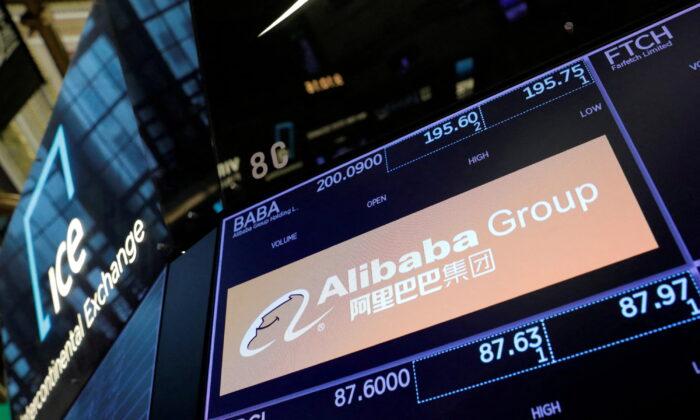The U.S. accounting audit regulator delivered a warning regarding the integrity and complete access to work papers of accounting firms of New York-listed Chinese companies.
Audits
The PCAOB inspects and investigates registered public accounting firms in more than 50 jurisdictions around the world.But, for more than a decade, access in China and Hong Kong has been “restricted, potentially putting investors at risk,” said Williams.
On Aug. 26, the two countries finally reached an agreement guaranteeing “the PCAOB complete access to inspect and investigate any firm we choose, with no loopholes and no exceptions.”
The Chinese officials claimed: “The main function of audit work papers [are] based on applicable audit standards. Therefore, audit work papers generally do not contain state secrets, individual privacy, companies’ vast user data or other sensitive information.”
Currently, the PCAOB team is in Hong Kong conducting inspections of audits.

Holding Foreign Companies Accountable Act
The audit aims to find out if what’s on paper holds up in practice.“The Holding Foreign Companies Accountable Act demands complete access,” Williams said.
Following the audits and inspections, the PCAOB will take enforcement actions, including substantial monetary penalties and significant or permanent individual bars and firm registration revocations.
The act protects investors by requiring listed companies to establish that they are not owned or controlled by a foreign government; in particular, they must disclose information related to any board members who are officials of the Chinese Communist Party.
Williams stressed, “One thing is certain: by the end of this year, the PCAOB will make determinations whether the PRC authorities have allowed us to inspect and investigate completely or they have continued to obstruct.”




